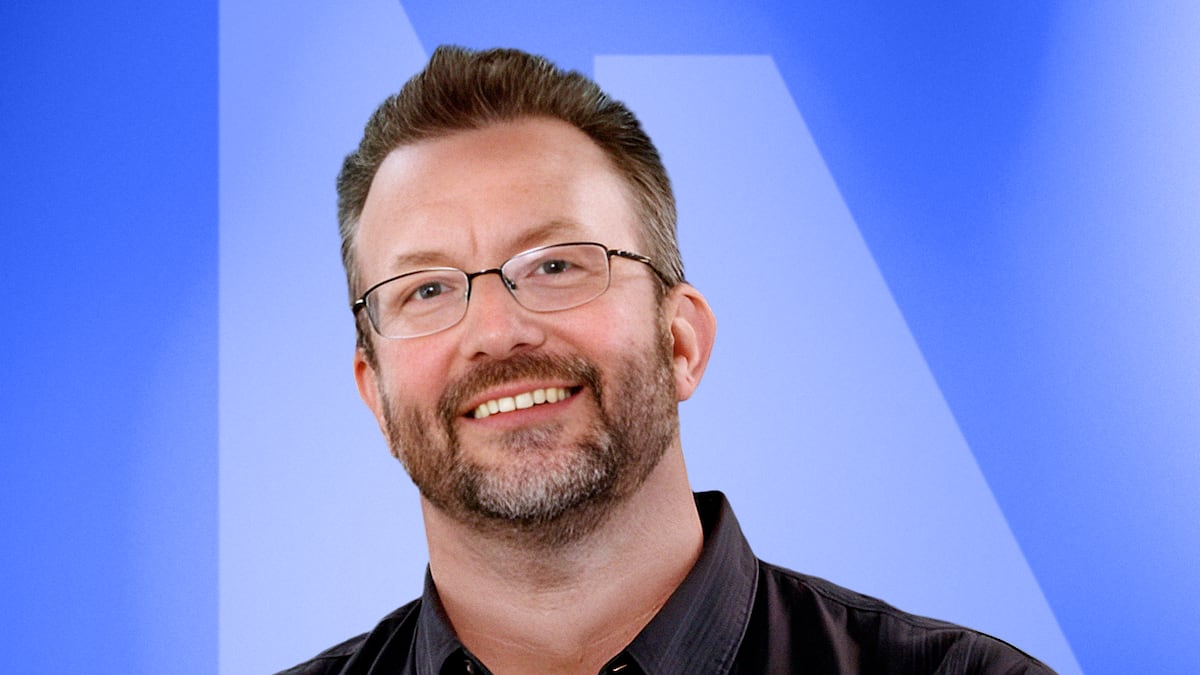Many crypto fans believe that gamers are the most likely market to adopt cryptocurrency. Can you explain why this assumption might be inaccurate?
While it’s logical to think that gamers might readily embrace cryptocurrencies, it’s not that straightforward. Gamers are primarily interested in engaging gameplay rather than financial incentives. Some are sceptical about cryptocurrencies due to their price volatility. However, there’s a shared interest in digital ownership.
For crypto users, this means digital currencies like MYTH, while for gamers, it’s about owning digital goods like virtual land or in-game items. We’ve seen interest in owning and trading virtual assets, as evidenced by our games like NFL Rivals and Blankos. The key is to integrate blockchain technology in a way that enhances gaming experiences without adding complexity, ultimately benefiting the players.
Utility tokens for web3 gaming protocols often do more harm than good when improperly implemented. Could you explain your concept of ‘natural staking’ and how it has positively impacted the Mythical Games ecosystem?
Many gaming projects launch tokens without a solid long-term strategy, turning them into speculative investments. Our approach, ‘natural staking,’ encourages gamers to keep tokens in the ecosystem not for speculative gains but for accessing benefits and experiences. A utility token should genuinely enhance the user’s experience.
Since launching NFL Rivals, we’ve seen more MYTH deposits than sales or withdrawals, showing that players are benefiting from blockchain-based ownership and value accrual.
Quick Trades, Mythical’s marketplace feature for swapping items directly for other items, launched at the end of 2023. How has this feature been received by the community so far?
Quick Trades has been very popular, offering players the convenience of peer-to-peer item swaps without needing currency transactions. This feature enhances user experience and simplifies trading. It has increased secondary revenue by about 25% and made trading more accessible.
Mythical Games recently partnered with popular NFT brand Pudgy Penguins to develop an AAA mobile game. How did this relationship emerge, and what factors do you consider when choosing an NFT brand for game development collaborations?
This partnership was based on a shared goal of bringing a popular IP into gaming while respecting both the brand and gaming best practices. When selecting NFT brands for collaboration, we look at community engagement and the potential for compelling gameplay. Pudgy Penguins stood out with its passionate community, skilled developer team, and a charming aesthetic that suits mobile gaming.
What are your long-term visions and goals for Mythical Games?
We aim to be part of the future of gaming, where players have ownership of their digital assets and experiences and can participate in game economies. This is not just about making money but about rewarding players for their contributions, which can benefit publishers as well. In the next few years, we plan to expand our selection of web3 games, increase our network of partners, support developers in creating player-owned economies, and engage with the broader gaming community to highlight the benefits of integrating blockchain technology effectively.
